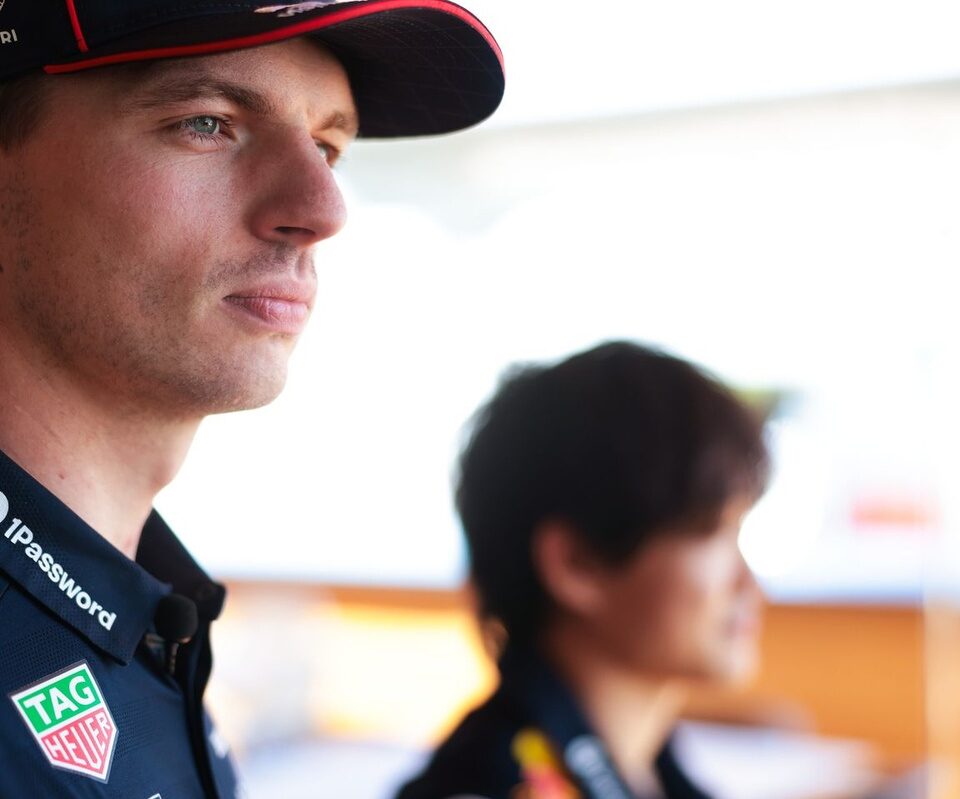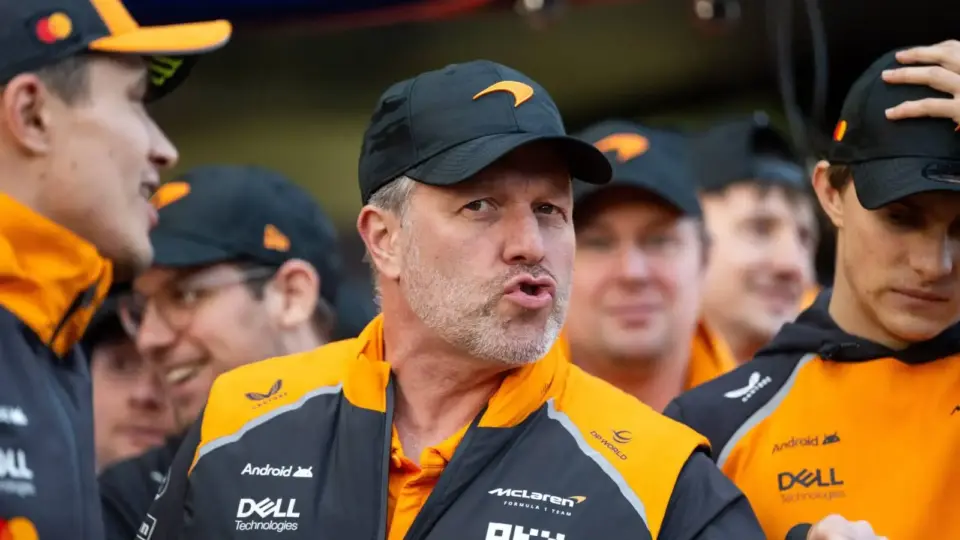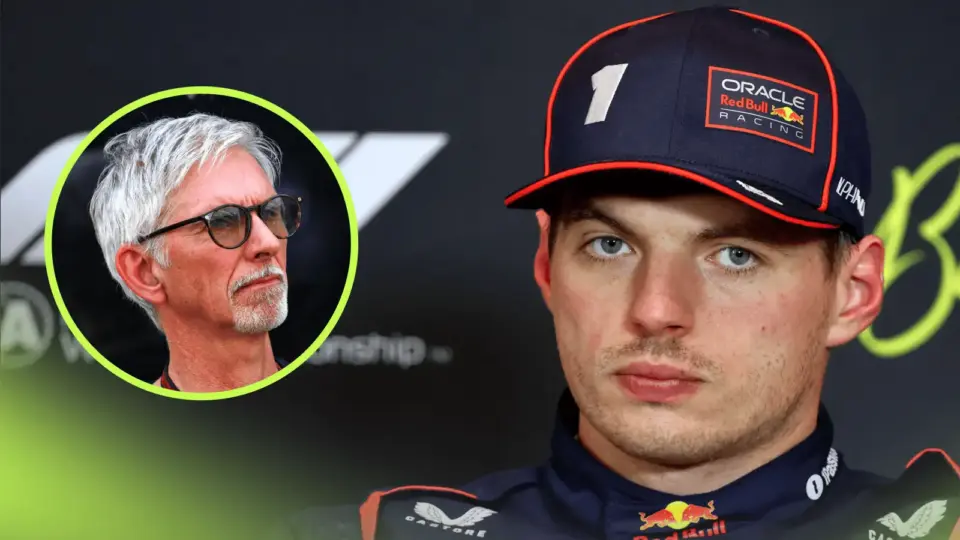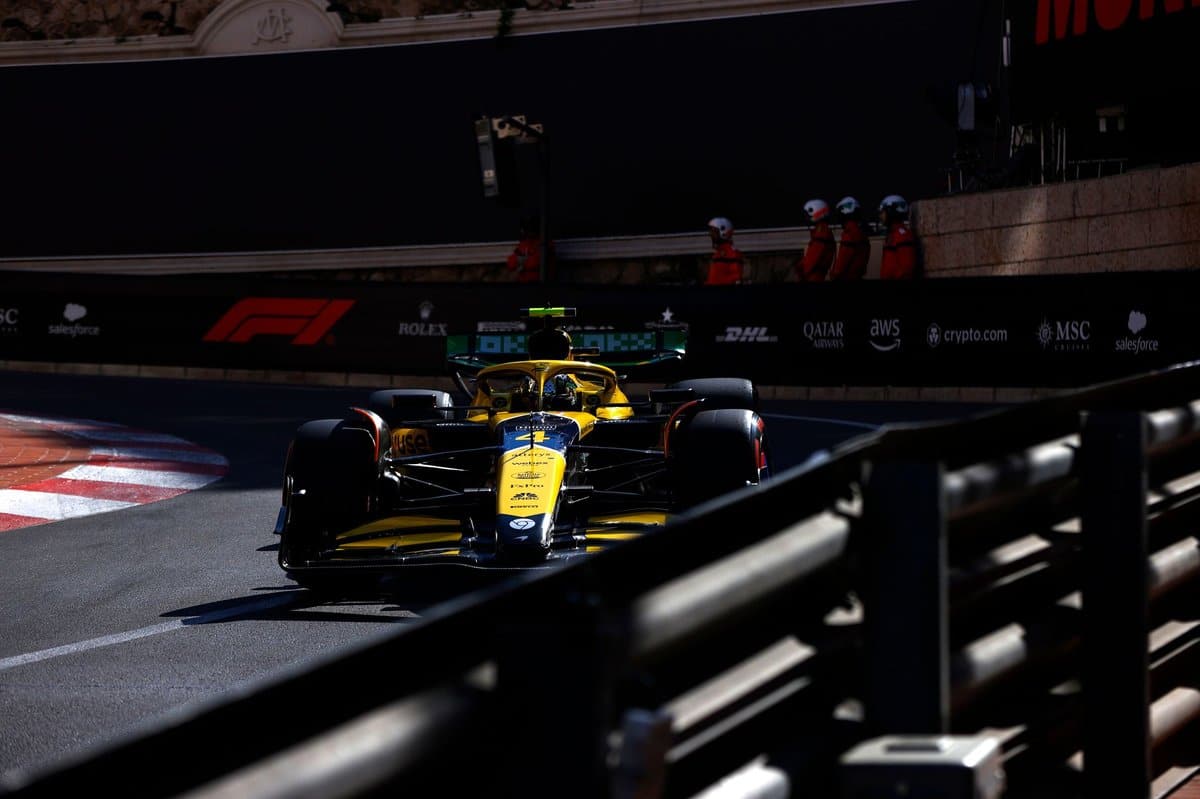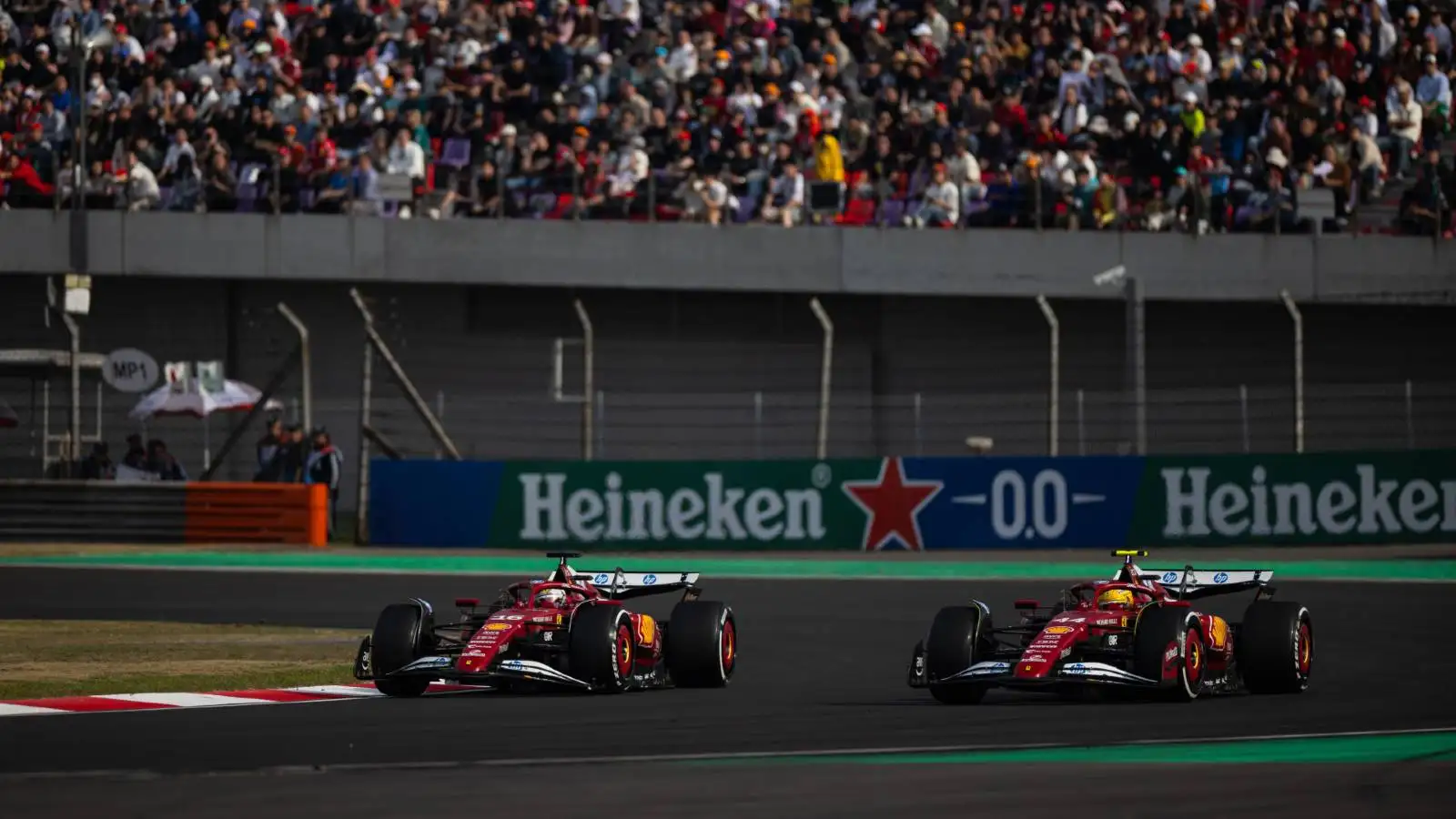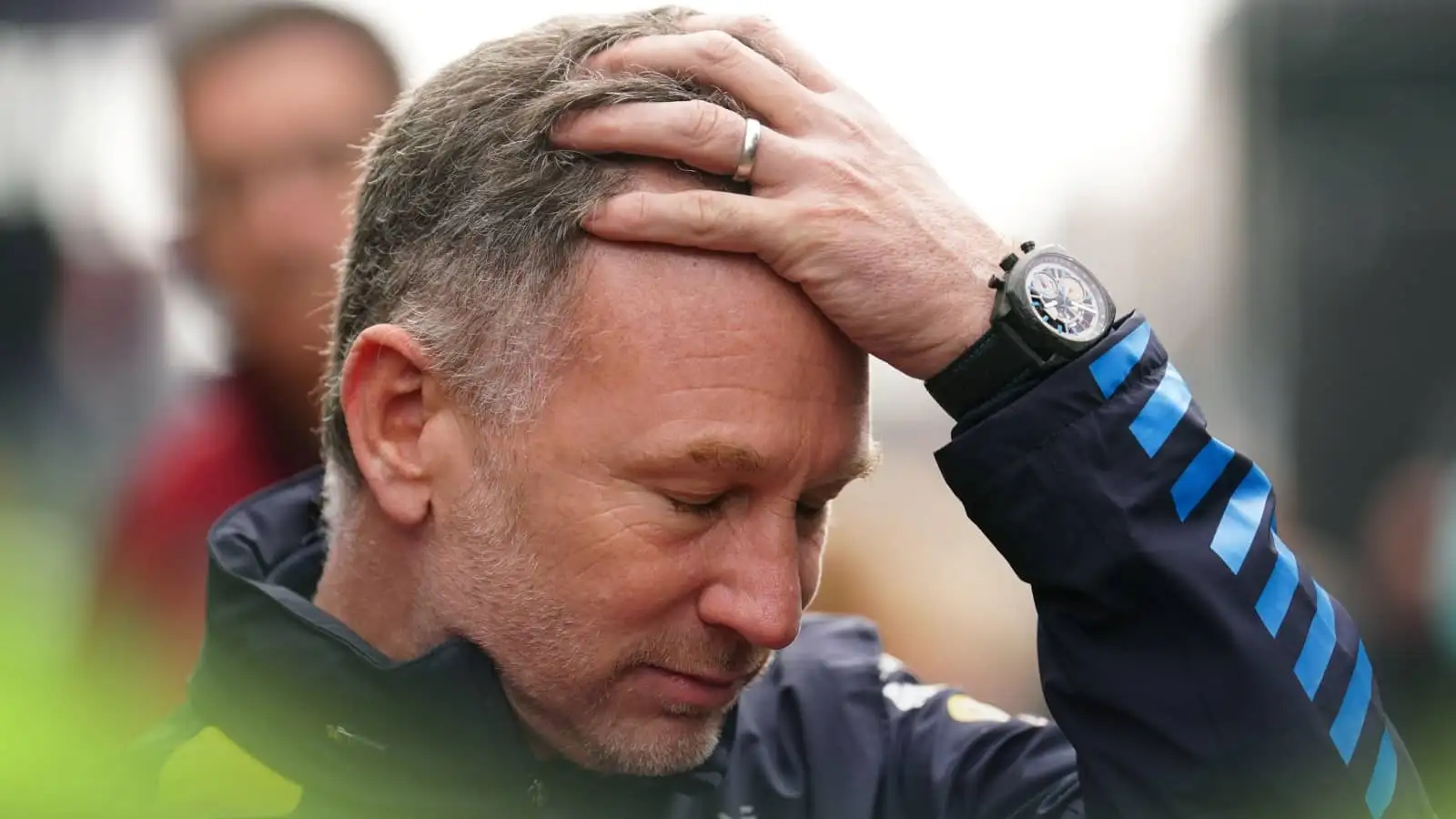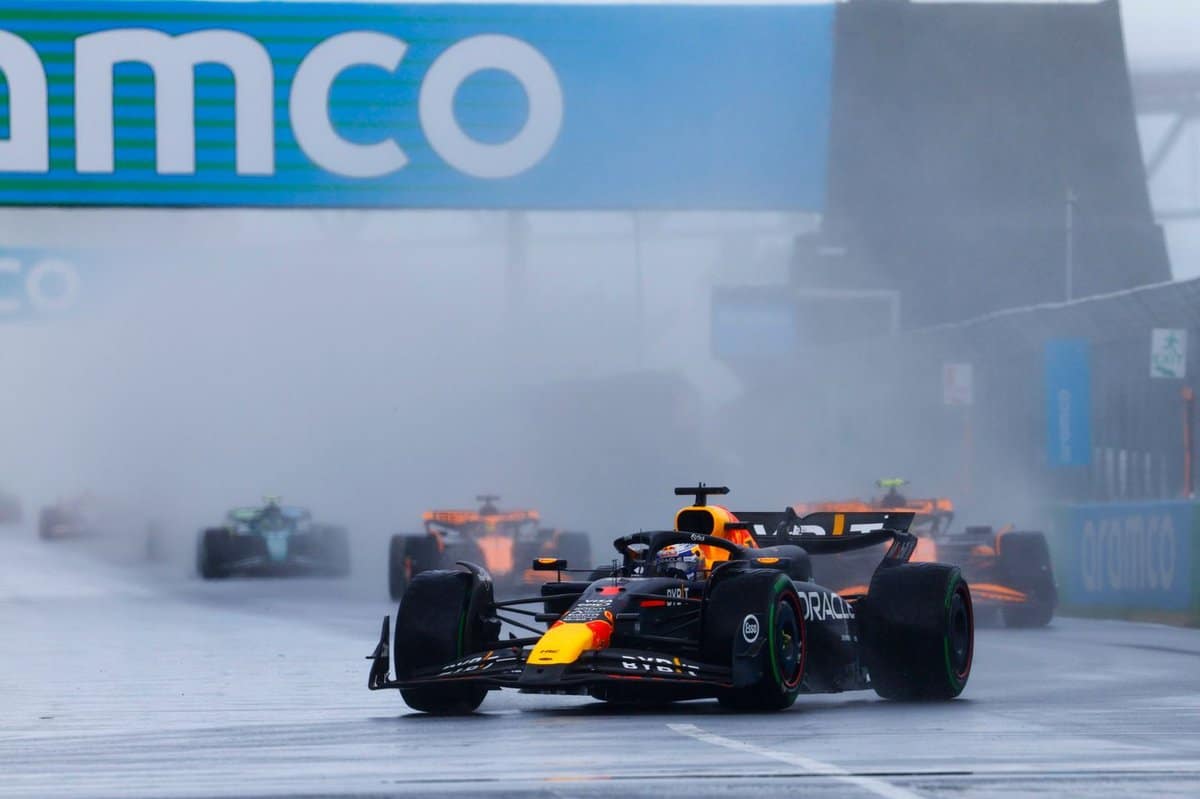In the world of Formula 1, apologies are like rare gems—hard to find and even harder to give. Max Verstappen’s recent clash with George Russell reignites this conversation.
- Max Verstappen stopped short of a clear apology after a controversial incident with George Russell at the Spanish Grand Prix.
- Christian Horner’s social media clarification indicated Verstappen did apologize internally, yet the public apology remains elusive.
- Sebastian Vettel’s 2017 incident with Lewis Hamilton mirrors Verstappen’s current situation, highlighting the struggle of F1 drivers to apologize.
- Despite some drivers like Lewis Hamilton and George Russell frequently admitting fault, many in the sport seem to shy away from public apologies.
Max Verstappen recently made headlines at the Spanish Grand Prix not just for his driving but also for refusing to openly apologize after a collision with George Russell. Verstappen’s incident ended with a 10-second penalty and three points on his license, pushing him dangerously close to a race ban. The F1 champion did not directly say ‘sorry’ publicly; instead, his explanations were filled with reasons like wrong tire choices that led to his frustration.
Christian Horner, head of Red Bull, stepped into the fray, taking to social media to shed light on the situation. According to Horner, Verstappen did express regret during a team debrief, but the acknowledgment didn’t extend to the public concourse, sparking debate about sincerity.
This isn’t the first time F1 has witnessed drivers caught in a web of non-apologies. Sebastian Vettel’s 2017 episode with Lewis Hamilton left fans waiting years for a complete apology, highlighting a pattern among top-tier drivers.
Lewis Hamilton, however, stands out in this crowd for his willingness to own up to mistakes, as demonstrated with his words to Oscar Piastri at Monza in 2023. This gentlemanly behavior is shared by George Russell, who apologized to Valtteri Bottas following their mishap at Imola in 2021. Their actions contrast starkly with those like Verstappen and Vettel, suggesting personal and tactical reasons behind these non-apologies.
Part of Verstappen’s reluctance can be attributed to his upbringing and the intense focus on winning. Acknowledging a fault can seem like a chink in the armor—something a rival could exploit. For some, like Vettel when chasing four world titles, maintaining a facade of infallibility might be part of the racing strategy.
Reflecting on the heritage of racing, legends such as Michael Schumacher and Ayrton Senna also refrained from expressing regrets publicly, shaping the narrative that perhaps in F1, actions speak louder, and apologies, or the lack thereof, are simply part of the sport.
Ultimately, in the high-stakes world of F1, where perception often matters as much as performance, the question remains: does a public apology truly impact the race, or is it merely part of the spectacle?
